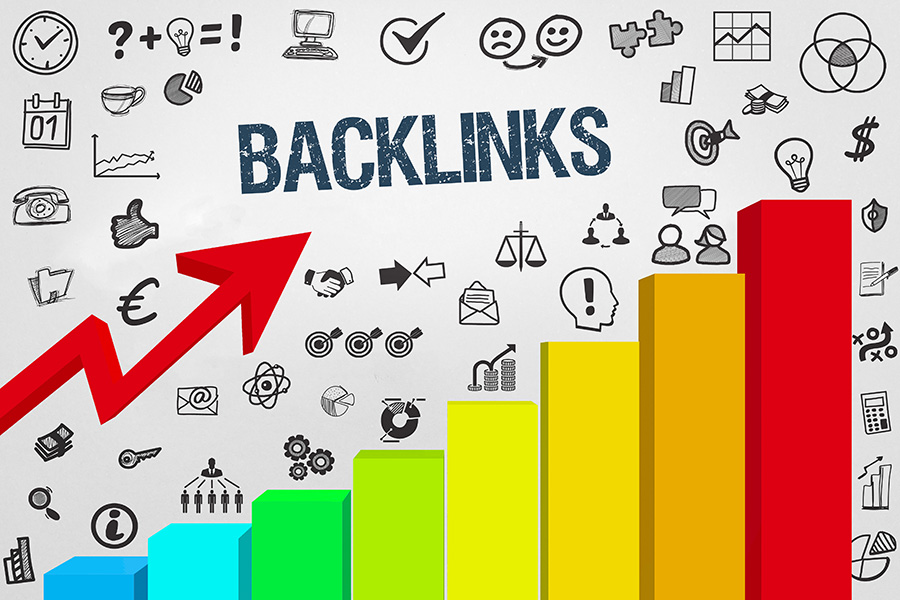Backlinks in SEO: Your Guide to Building Digital Authority
Backlinks, often hailed as the backbone of SEO, serve as endorsements from other websites, signaling to search engines that your content is valuable, credible, and worth ranking. But what makes backlinks a non-negotiable asset in your SEO arsenal, and how can they catapult your site to search engine stardom? Let’s unpack the intricate role backlinks play in SEO, exploring how they contribute to your site’s visibility, authority, and ultimately, your business success.
How Backlinks Influence Search Engine Rankings
Search engines like Google use a complex algorithm to determine which pages should appear first in search results. One of the critical factors in this algorithm is the number and quality of backlinks pointing to your website. Essentially, each backlink acts as a vote of confidence, indicating that your content is worthy of citation.
High-Quality vs. Low-Quality Backlinks
Not all backlinks are created equal. Links from authoritative, reputable websites carry more weight than those from low-quality or spammy sites. Tools like Ahrefs or Moz can help you analyze your backlink profile and identify opportunities for improvement.
Organic Traffic and User Engagement
When your website receives a backlink from a high-traffic site, you’re also likely to experience a bump in organic traffic. More visitors not only mean more opportunities for conversion but also increased user engagement metrics like time spent on site or pages per session, which further boost your SEO.
By understanding the mechanics and benefits of backlinks, you can craft a more informed and effective SEO strategy. From boosting your site’s authority to enhancing organic traffic and user engagement, the power of backlinks is a multifaceted tool every SEO enthusiast should master.
Six Crucial Factors to Consider in Backlinking: A Comprehensive Guide
1. Domain Authority of the Linking Site
One of the paramount considerations in backlinking is the website’s domain authority linking to you. Sites with high domain authority offer the most SEO juice. Check the site’s domain authority with tools like Moz’s Domain Authority Checker or Ahrefs’ Domain Rating. High-authority domains provide a link and a robust endorsement, which search engines regard highly.
2. Relevance to Your Niche
It’s not just about any link; it’s about relevant links. A website backlink closely aligned with your industry or niche is far more valuable than one from an unrelated field. For instance, if you’re running a fitness blog, a link from a health and wellness site will have more impact than one from a website about classic cars.
3. Anchor Text Optimization
The anchor text—the clickable text in a hyperlink—also holds significance. Best practices suggest that anchor text should be relevant to the linked page and include some of your target keywords without appearing spammy. Over-optimizing anchor text can appear manipulative to search engines and may trigger penalties.
4. Dofollow vs. Nofollow Links
When assessing backlinks, note whether they are ‘dofollow’ or ‘nofollow.’ A ‘dofollow’ link passes SEO value to your site, while a ‘nofollow’ link does not. While ‘nofollow’ links can still bring traffic and enhance your site’s credibility, ‘dofollow’ links are the gold standard for boosting SEO.
5. Geographic Location of the Linking Site
If your business or content caters to a specific geographic location, then backlinks from websites based in that area can provide additional benefits. Local backlinks are highly useful for SEO strategies, helping you rank higher in local search queries.
6. Quality of the Content Around the Backlink
It’s not just the link itself but the surrounding content that matters. Contextual links—those embedded within a page’s content—are generally more valuable than links found in footers or sidebars. The higher the quality of the content around the backlink, the more valuable the link is likely to be.
By considering these six factors, you can cultivate a more sophisticated backlink strategy that goes beyond merely counting links. Instead, you’ll focus on acquiring high-quality backlinks that bolster your site’s SEO in a meaningful way.






